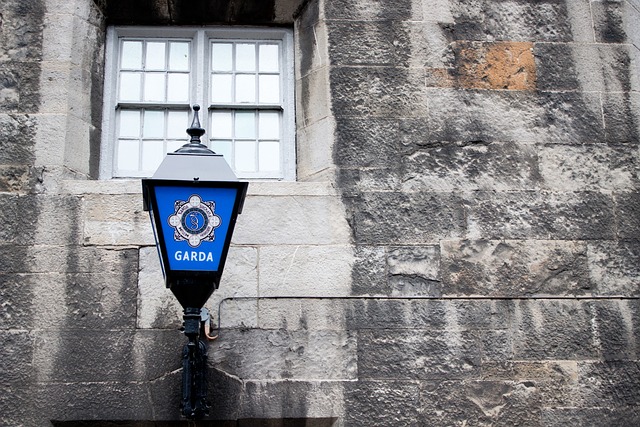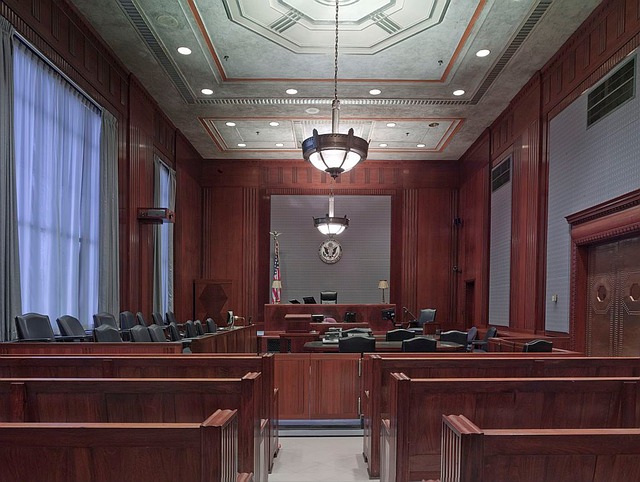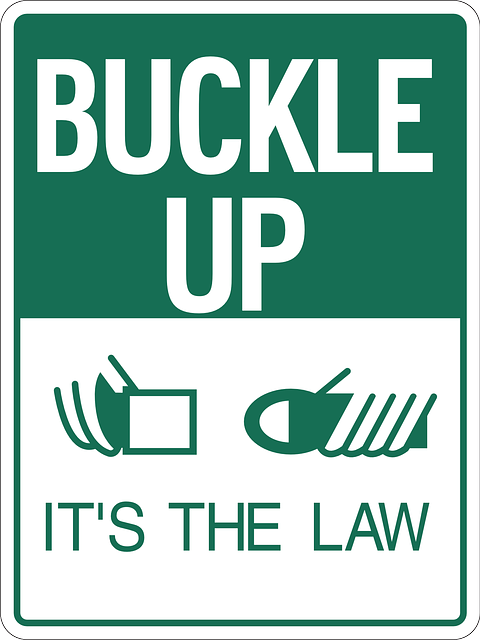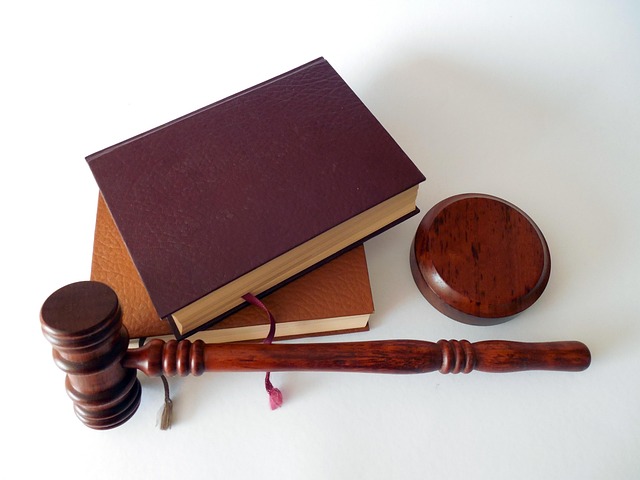Whistleblower Protection Laws (WPL) are vital for promoting transparency and accountability, shielding individuals who expose illegal activities from retaliation. Defamation case outcomes and settlements play a crucial role in protecting whistleblowers from false statements that can cause severe reputational damage. Notable cases demonstrate substantial financial repercussions and serve as guidance for navigating legal battles. Strategic legal arguments and evidence have led to significant settlements, protecting whistleblowers and deterring unethical practices. Understanding the process, from gathering evidence to filing complaints and discovery, is essential for achieving justice. Settlements often include NDAs and organizational changes to maintain anonymity and encourage ethical conduct.
Whistleblower protection lawsuits are crucial mechanisms empowering individuals to expose corporate or government misconduct while safeguarding their reputations. This article delves into the intricate world of these legal battles, focusing on defamation case scenarios and their outcomes. We explore how whistleblowers navigate the justice system, dissecting the process from filing to resolution, including financial compensation and beyond. By understanding these protections, we can appreciate the impact of whistleblower actions in shaping corporate accountability and fostering transparency.
- Understanding Whistleblower Protection Laws and Their Purpose
- Common Defamation Case Scenarios in Whistleblower Situations
- Examining High-Profile Defamation Case Outcomes
- The Process of Filing a Whistleblower Protection Lawsuit
- Settlements and Resolutions: Financial Compensation & Beyond
Understanding Whistleblower Protection Laws and Their Purpose

Whistleblower Protection Laws (WPL) are designed to safeguard individuals who expose illegal or unethical activities within their organizations from retaliation. These laws recognize the vital role that whistleblowers play in promoting transparency and accountability, especially in cases of corporate fraud, white-collar crimes, and economic offenses. By providing legal recourse against potential reprisals, WPL aim to encourage employees to come forward with information without fear of job loss or personal harm.
The purpose behind these laws is twofold: first, to protect the whistleblowers themselves by ensuring they can pursue their cases without facing adverse consequences; and second, to deter companies from engaging in improper activities that could harm the public. In many instances, successful whistleblower lawsuits result in significant settlements or, for defendants found guilty of misconduct, a complete dismissal of all charges. This not only compensates the whistleblowers but also serves as a powerful deterrent for others considering exposing corporate wrongdoings, including those related to white-collar and economic crimes.
Common Defamation Case Scenarios in Whistleblower Situations

In whistleblower situations, defamation case scenarios often arise when individuals or entities make false statements about a whistleblower’s motives, character, or actions. Common instances include accusations of dishonesty, corruption, or unethical behavior, which can severely damage the whistleblower’s reputation. These cases typically involve white collar defense strategies aimed at challenging the validity of the allegations and proving the truth behind the whistleblower’s disclosures. The goal is to protect the individual from unfair defamation and its potential consequences on their career and personal life.
Defamation case outcomes and settlements in these situations can vary widely. In some cases, whistleblowers may secure substantial financial compensation for reputational harm, especially if the false statements are shown to be malicious or have led to significant professional damage. However, determining liability requires a thorough examination of the facts by legal experts specializing in both general criminal defense and white collar and economic crimes. The complexity of these cases underscores the importance of meticulous documentation, clear evidence, and robust legal representation for whistleblowers seeking justice and protection against defamation.
Examining High-Profile Defamation Case Outcomes

In the realm of whistleblower protection lawsuits, examining high-profile defamation case outcomes and settlements is crucial for understanding the landscape. Notable cases have demonstrated the significant financial and public impacts that can result from such legal battles. For his clients, whether they are corporate or individual whistleblowers, these outcomes offer valuable insights into navigating similar situations.
The strategic use of legal arguments and evidence has played a pivotal role in many successful defamation cases, leading to substantial settlements. Whistleblowers have been able to avoid indictment by presenting compelling evidence of false accusations and malicious intent. These outcomes not only serve as protections for whistleblowers but also as deterrents for organizations engaging in unethical practices, fostering a culture of transparency and accountability.
The Process of Filing a Whistleblower Protection Lawsuit

When considering a whistleblower protection lawsuit, understanding the process is key to achieving justice and securing favorable defamation case outcomes and settlements. The journey begins with gathering substantial evidence to support the claim. This involves meticulously documenting instances of retaliation, such as termination, demotion, or adverse treatment, following the disclosure of illegal activities within a respective business. Legal professionals play a pivotal role in guiding whistleblowers through this intricate process, ensuring all necessary documentation is in place.
The next step involves filing a complaint with the appropriate regulatory body or court. Whistleblower protection laws vary across jurisdictions, so legal experts are instrumental in navigating these complexities. Once filed, the case proceeds through discovery, where both parties exchange evidence and testimonies. This stage is crucial for building a strong case, often leading to unprecedented track records of successful outcomes. Through strategic legal maneuvering, whistleblowers can achieve extraordinary results, setting precedents that protect future disclosures and ensure accountability within organizations.
Settlements and Resolutions: Financial Compensation & Beyond

In whistleblower protection lawsuits, settlements and resolutions often go beyond financial compensation to address broader issues. These agreements may include non-disclosure agreements (NDAs) aimed at protecting the privacy of both the whistleblower and their disclosure information. This is crucial in cases involving sensitive business or personal details, ensuring that the individual’s safety and anonymity are maintained.
Moreover, settlements can lead to policy changes within organizations, particularly in the context of white collar and economic crimes. By resolving these cases, companies may implement stricter compliance protocols, enhance internal whistleblowing mechanisms, and foster a culture of ethical conduct. This collective outcome is vital in deterring future misconduct and encouraging employees to come forward with legitimate concerns without fear of retaliation or defamation.
Whistleblower protection lawsuits are a crucial mechanism for ensuring individuals can come forward with important information without fear of retaliation. By understanding the legal framework, recognizing common defamation scenarios, and examining notable case outcomes, potential plaintiffs can navigate the process effectively. Ultimately, the successful resolution of these cases—whether through settlements offering financial compensation or other forms of justice—not only protects whistleblowers but also reinforces the integrity of our systems and institutions.






